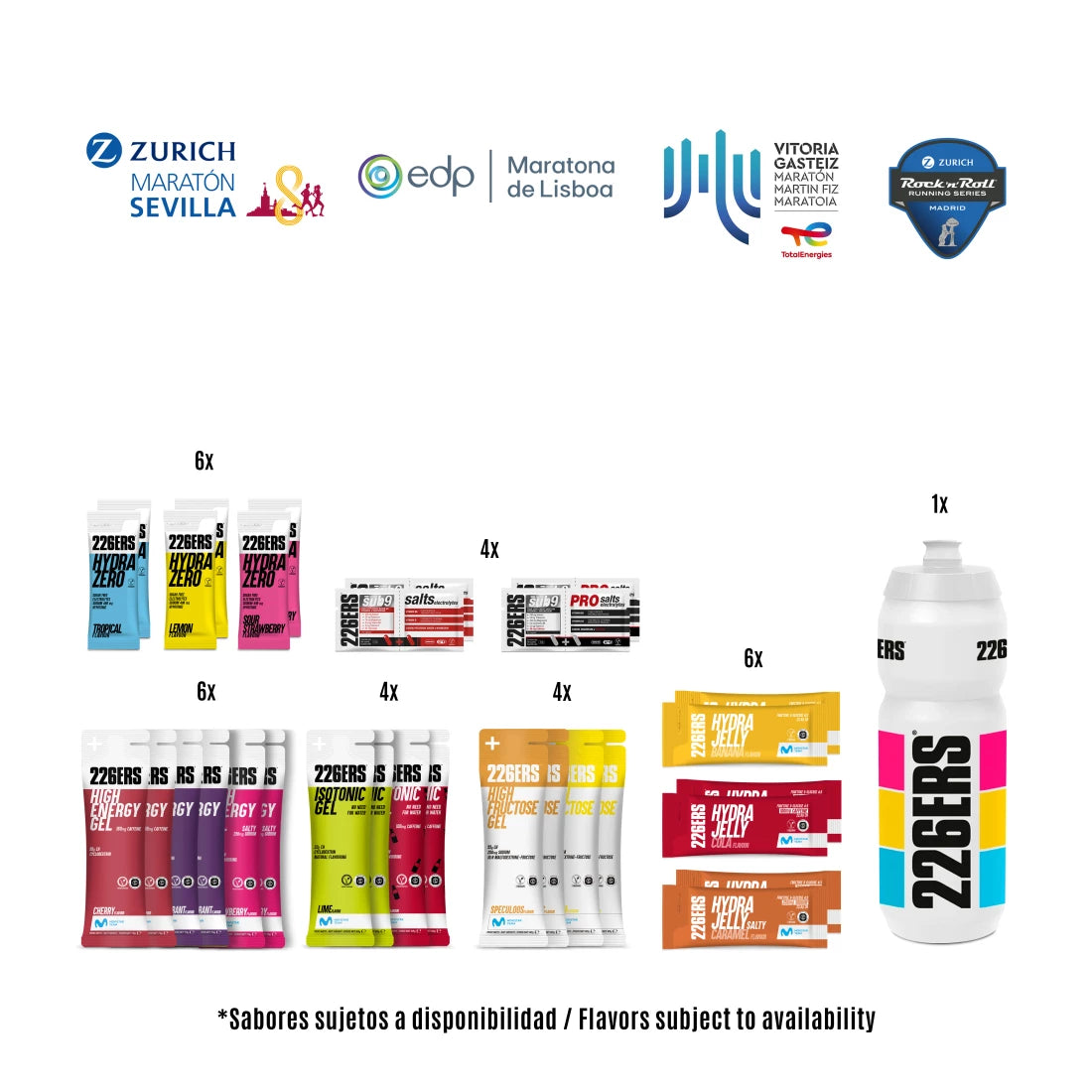How much protein our body needs

Protein consumption has been associated within the sports context with an increase in muscle mass and an acceleration of recovery.
But, How much more is it better in this case? How much protein take? What happens if an athlete ingests excess protein? What if it does not reach minimum requirements? The same person should always ingest the same amount of protein?
This article will try to answer all these questions and explain what are optimal protein consumption ranges for an athlete based on the type of training you perform and whatever your goal.
Protein function
The role of proteins (amino acids) in the organism is mainly structural, and not energetic. This means that its main function is to create and maintain structures (muscle, tissues, organs, etc.) and not to be used as fuel or energy source, although in extreme situations this occurs. This would be to burn house furniture in the fireplace to heat the home.
All this means that Proteins should be constantly, periodically and continuously ingested, to maintain all organic structures.
However, with fats and carbohydrates, whose function is energetic, if you can periodize your intake based on energy expenditure, that is, ingest greater amounts on the days of greater training load since the caloric expenditure is greater and lower quantities on the days of lower load or rest days.
Influential factors in protein needs and how to calculate how many grams of protein I need up to date
Although proteins must be consumed in similar amounts every day and periodically (being recommended is a protein intake every 4-6 hours), if there are a number of factors that can modify daily protein requirements for a person.
These factors are as follows:
What amount of daily proteins needs your body per kg of weight?
- Body mass: Protein intake is guided in relation to body weight (protein grams / kg). In this way, people with greater body mass will need to consume a greater amount of protein, at least in absolute values
How many proteins should an athlete take?
- Type of training: Strength sports or those looking for a notable increase in muscle mass, will need a greater daily protein contribution. This is basically because for an increase in muscle mass, a positive nitrogen balance is necessary ... nevertheless in resistance sports it is also necessary to guarantee minimum protein to avoid muscle catabolism, given the great caloric expenditure that these sports can have ...
- Training load: The greater the training load, the elderly can be the needs of protein intake. Normally the training load is also associated with the level of the athlete, being experienced or high level athletes those who are able to perform and support greater workloads.
- Pursued objective: In programs where the objective is the gain of muscle mass, or even in those where the objective is the loss of fat but preserving muscle mass, the needs of protein intake can be seen increased.
With all these factors, recommendations of daily protein intake are established, which rather than specify a fixed value, adapt with a range or fork in relative values, adapted to the weight of the person or athlete.
Are you looking for products to improve your protein consumption? In our protein category, you can discover different options to support your training and nutrition.
What is the daily amount of protein you must take up to date?
In response to the factors indicated jointly, the following recommended daily protein intake ranges are defined in order to know how many grams of protein per kg of weight is needed.
By order of minors to greater needs of protein intake, the following can be established:
- Sedentary adults
- Resistance athletes
- Strength athletes and/or that pursue an increase in muscle mass
The people who need the least amount of protein per day are sedentary adults, with a recommendation around 0.8-1 g/kg. This is because they usually have less muscle mass than maintaining and post -exercise recovery needs are non -existent.
The following population group in terms of daily protein intake needs would be the Resistance athletes. In this case, a 1.2 - 2 g/kg of daily protein consumption could be established.
Thus the criterion to approach one end or another of the recommendation would be the training and level of those athletes:
- News athletes and with little training load: 1-1.2 gr /kg.
- Amateur athletes, well trained: 1.4-1.6 gr /kg.
- Elite athlete with high training load: 2 gr / kg
Are amounts can be increased to 0.5 gr/kg more, if the athlete is immersed in a program of Rcaloric strict that pursues a decrease in fat mass
Finally, those athletes with a greater need to eat protein throughout the day are those athletes who seek an increase in their muscle mass, therefore In some cases it could be reached an intake of up to 3 gr / kg daily.
However, the following stages of recommendation can be established:
- Standardized international consensus and recommendation: 1.4-2 gr /kg.
- Experienced athletes and with a high training load :: 2-2.5 gr /kg.
- Athlete experienced in caloric restriction period: 2.5-3 gr / kg
In any case, it should not forget that in addition to the importance of covering the recommended daily protein intake needs, it is also extremely important to maintain a continuous timing of intake every 4h-6h.
This can be easily carried out including protein foods in the main meals and using protein supplements (bars, beaters) post training or as snacks between hours.
What happens if an excess protein is consumed?
Risk of excess in protein consumption
A person or an athlete should worry about excessive protein intake? Since the protein has a fundamental role in the synthesis of muscle mass, is it true that the greater the protein intake, greater development of muscle mass?
Faced with these two questions, a joint answer can be given. An increase in protein intake, together with adequate training, if it will cause an increase in muscle mass, but up to a certain limit where greater protein consumption will not cause greater increase in muscle mass. In that case, an excess protein intake can lead to a series of risks, with greater or lesser consideration, such as the following:
- Increased fat, by metabolizing excess caloric intake and conserving it as "fuel"
- Liver, that in the event that the liver was affected by other reasons, their situation could worsen.
- Ren work overloadAl, that in case of having kidney problems, these could be aggravated.
Risk of a protein consumption deficit
Finally, it is also important to assess the possible consequences of a deficiency in daily protein consumption. Are there really risks due to protein consumption that does not reach the recommended minimum needs?
The answer is yes, inappropriate protein consumption (which can be aggravated by an excessive hypocaloric intake) can have the following effects:
- Sarcopenia: Loss of muscle mass due to a negative nitrogen balance.
- Difficulty in recovery due to low amino acid availability.
- Lower positive adaptation to training, or even a negative adaptation because the processes necessary for cellular recovery or signaling cannot be carried out properly.












